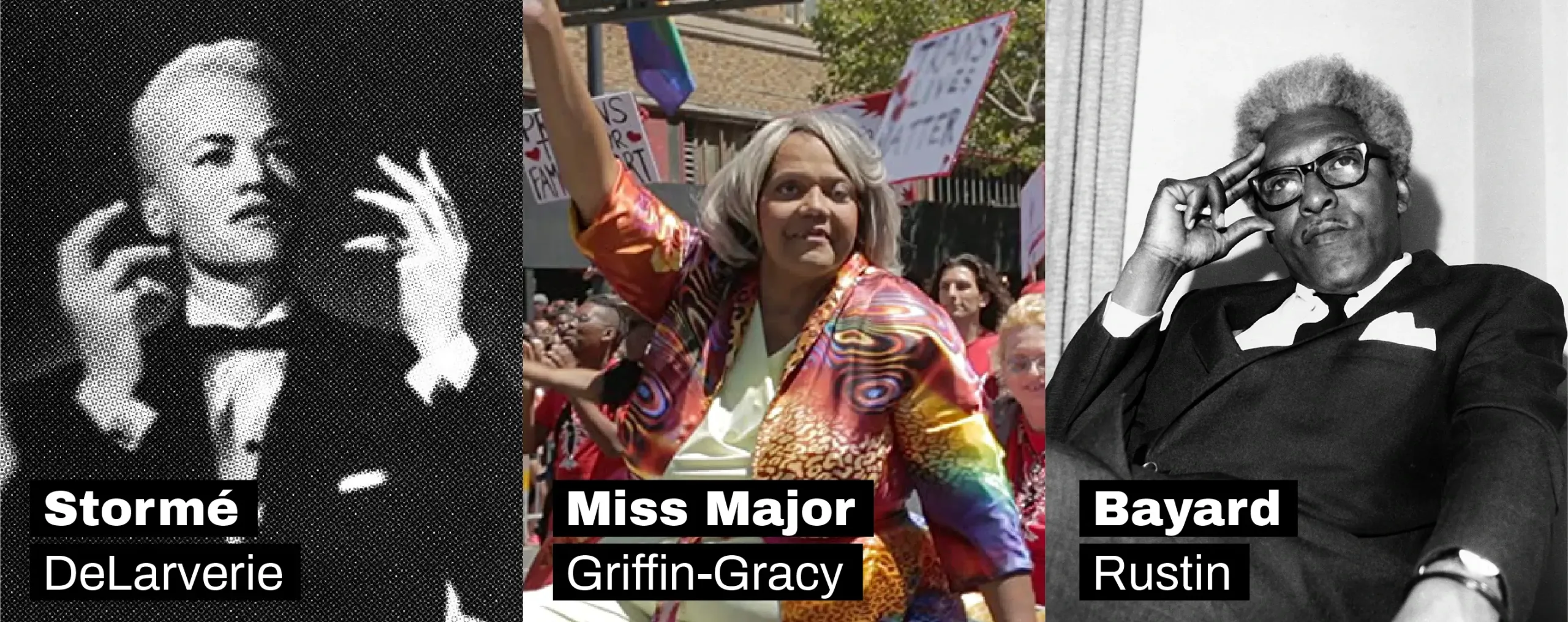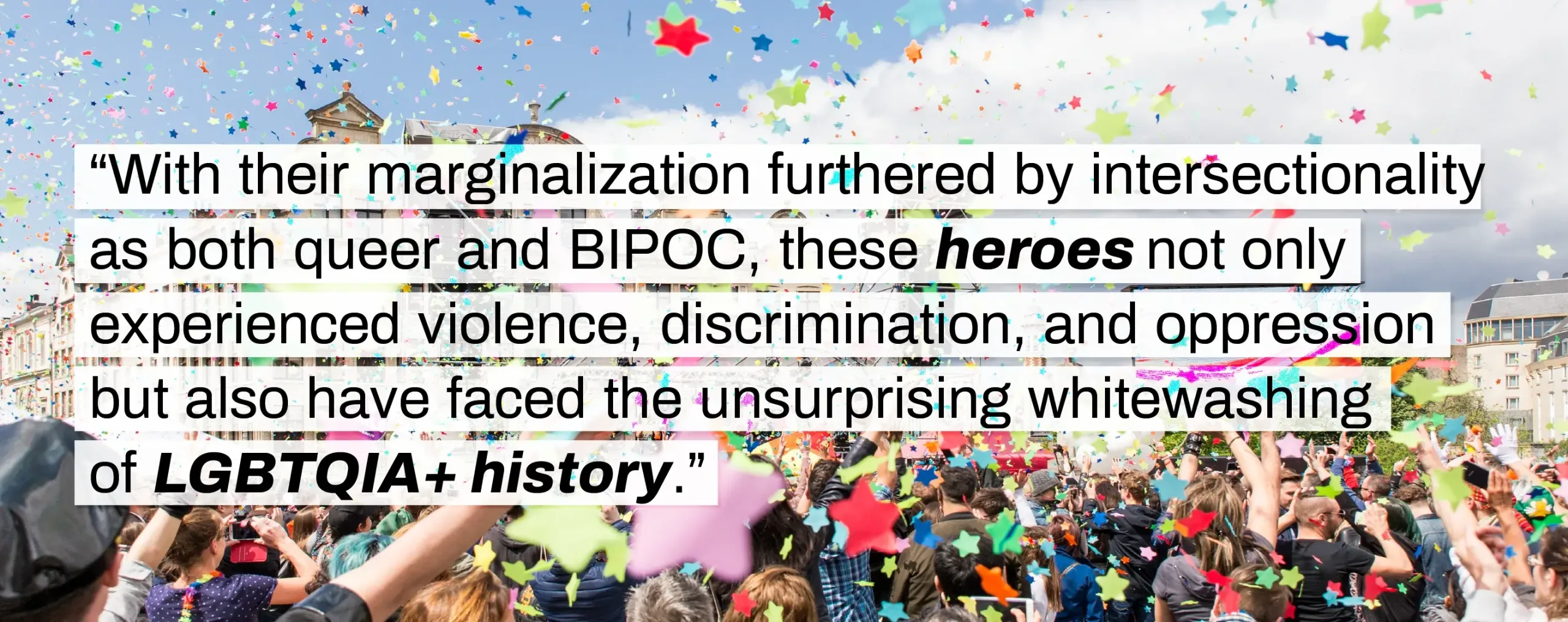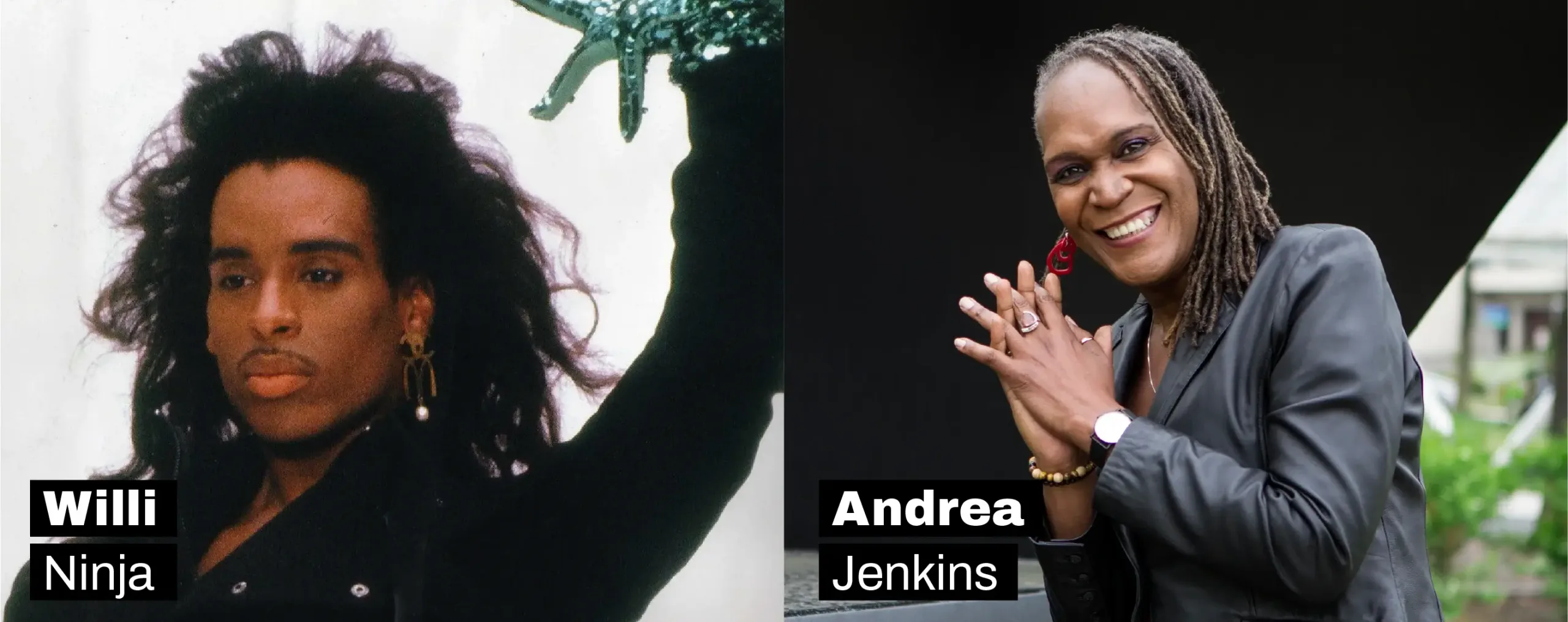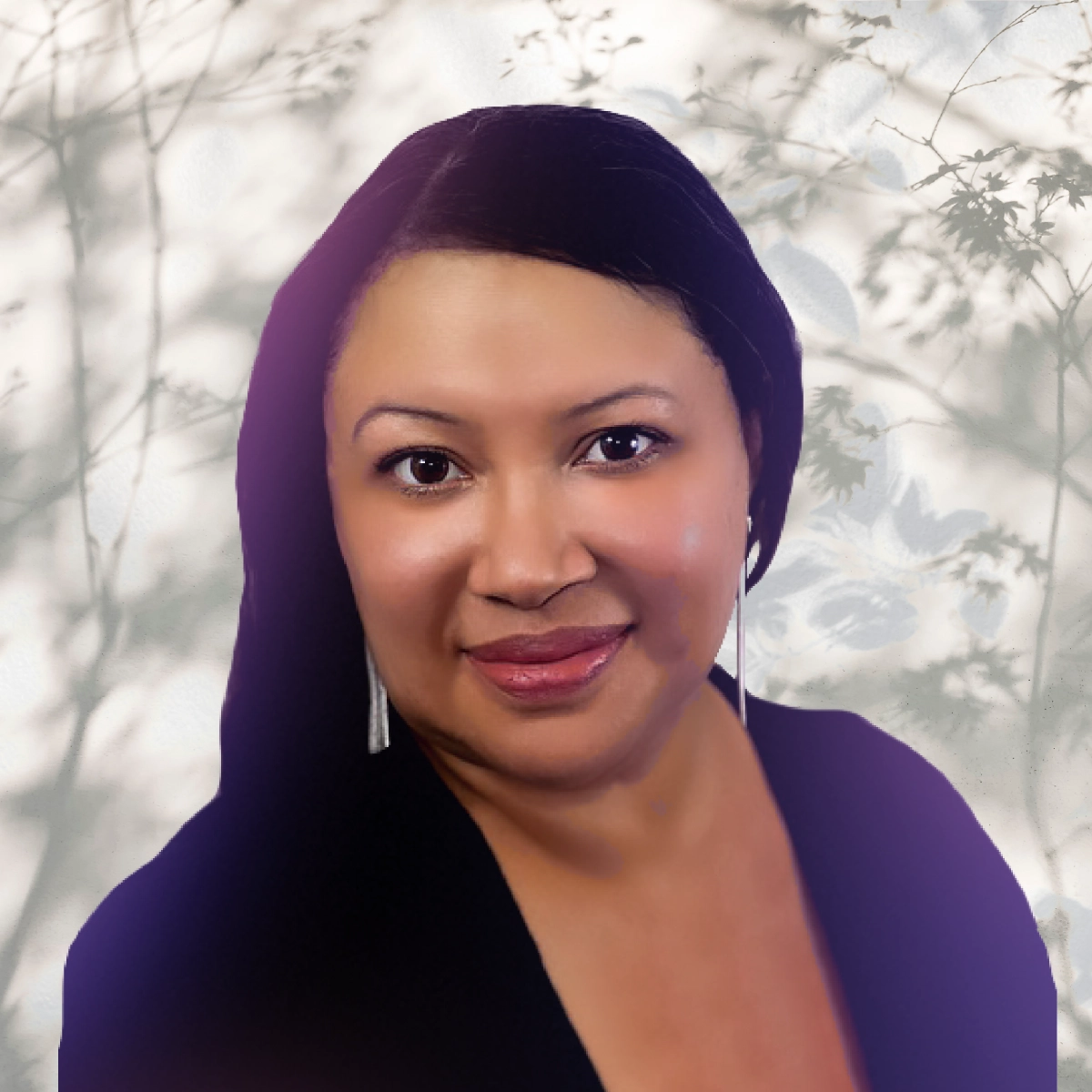It’s difficult to imagine the summer of 1969 when the first punch was thrown at the Stonewall Inn. Today, when it comes to celebrating Pride—exciting parades, floats, feathers, rainbow-themed outfits, all in celebration of queer identity— we can also take this opportunity to refamiliarize ourselves with its original roots as a protest against police brutality and homophobic violence. While we can still enjoy its progress and the privilege it has become to party every June, Pride is also a time to commemorate the moments in queer history that sparked activism and progress toward equality.
Countless queer BIPOC folks have achieved the most defining moments of LGBTQIA+ history. From activists who led the protests following the 1969 police raid of the Stonewall Inn to openly queer elected officials, these people made significant contributions to the community. They risked everything by revealing their sexual orientation and identity. With their marginalization furthered by intersectionality as both queer and BIPOC, these heroes not only experienced violence, discrimination, and oppression but also have faced the unsurprising whitewashing of LGBTQIA+ history.
As we parade our pride this month, TMS marches to the beat of these trailblazing grand marshals of LGBTQIA+ history.

Stormé DeLarverie
While there are many “slaps heard around the world,” this one may have started history. To clarify the memory of the first punch thrown at The Stonewall Inn, we can credit Stormé DeLarverie. Although only rumored to have thrown the first punch towards the cops, her quick response was the catalyst to spur the crowd to action that has become the civil rights movement it is now.
A lifelong gay rights activist and drag performer, DeLarverie wore her signature zoot suit and was named the “guardian of lesbians in the Village.” She worked as an MC, singer, bouncer, bodyguard, and volunteer street patrol worker. Another nickname of hers was the Rosa Parks of the gay community.
In the wake of DeLarverie’s death in 2014, her friend Lisa Cannistraci said in a New York Times interview, “Nobody knows who threw the first punch, but it’s rumored that she did…She told me she did.” And we believe her.
Miss Major Griffin-Gracy
Referred to as Miss Major, Griffin-Gracy is a trans woman activist and community leader for transgender rights, focusing on women of color. Also present at the Stonewall riot in 1969, Miss Major met her girlfriend when cops raided the bar. In leading the riot, Griffin-Gracy was taken into custody after being struck on her head by a police officer.
After many experiences with discrimination: being kicked out of college for her identity, homelessness, relying on black-market hormone treatment for her transition, and incarceration, Miss Major moved to San Diego in 1978 and began organizing grassroots movements. She later became the executive director of the Transgender Gender Variant Intersex Justice Project (TGIJP), where she continues her work as a trans-visionary.

Bayard Rustin
Rustin was an LGBTQIA+ and civil rights activist best known for being a key adviser to Reverend Martin Luther King Jr. He organized the 1963 March on Washington for Jobs and Freedom, where King delivered his historic “I Have a Dream” speech.
After the Civil Rights Act was passed in 1964, Rustin wrote many articles on the economic impact on African Americans, pointing out the disenfranchisement and exclusion from the economic boost given to the white population. Focused primarily on the betterment of the civil rights of African Americans, Rustin kept his sexuality in the shadows. He was outed In 1953, when arrested for having sex with two men in a parked car in Pasadena, where he had to serve jail time and register as a sex offender.
It wasn’t until the 1980s that Rustin engaged in gay rights activism. Before his passing in 1987, Rustin spoke at events as an activist and supporter of human rights. It wasn’t until much after Rustin’s death that his arrest was pardoned by Governor Gavin Newsome in 2020. In 2013, President Barack Obama also posthumously awarded Rustin the Presidential Medal of Freedom. There is a 2003 documentary about his life and work, Brother Outsider: The Life of Bayard Rustin.

Willi Ninja
Known as the Grandfather of Vogue, Willi Ninja was a leader of Harlem’s drag ball culture. As the surrogate “mother” of the House of Ninja, he reinforced confidence in his “children” by coaching them to perform at underground clubs where they vogued competitively.
He eventually caught the attention of documentarian Jennie Livingston, who featured Ninja in her film Paris is Burning, marking drag balls as a prominent staple of gay culture. Until his passing in 2006, Ninja made a career teaching vogueing throughout Europe and Japan and as a modeling coach for supermodels and celebrities.
Andrea Jenkins
Jenkins is the first openly transgender Black woman elected to public office in the U.S. Running as a Democrat, she was one of two openly trans people to win a seat on the Minneapolis City Council in 2017.
Jenkins is also a historian and poet at the University of Minnesota. As a 2011 Bush Fellow recipient (among many awards and fellowships) she’s helped in the advancement of transgender inclusion in society. In 2018 she completed the Senior Executives in State and Local Government at Harvard University.
Jenkins made history again in 2022 by being the first trans woman elected to lead Minneapolis’ city council.





